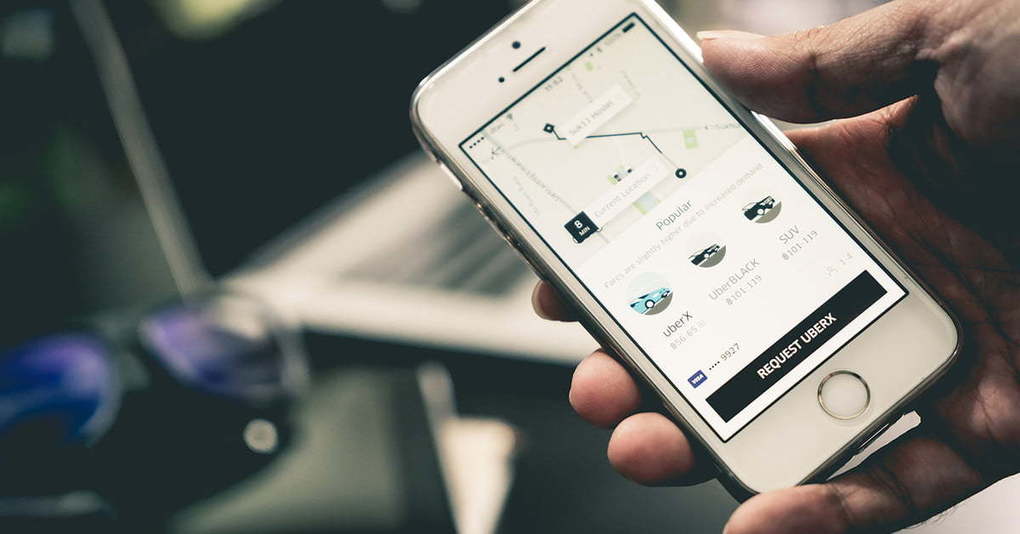Unilever backs voice to deliver digital transformation
Voice-powered search will play a central part in Unilever’s ongoing digital transformation, as the FMCG giant looks to leverage Amazon’s Alexa platform to get closer to consumers. Speaking at the Festival of Marketing last week, Rahul Welde, Unilever’s global vice-president of digital transformation, explained that the adoption of voice search plays into the both the connection and context elements of Unilever’s ‘5Cs’ strategy. Unveiled at the end of September, the ‘5Cs’ framework focuses on consumers, connecting, content, commerce and community.







